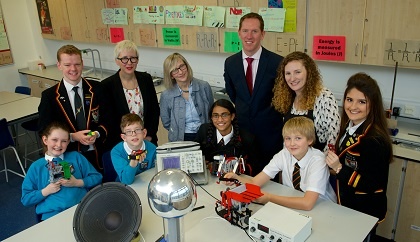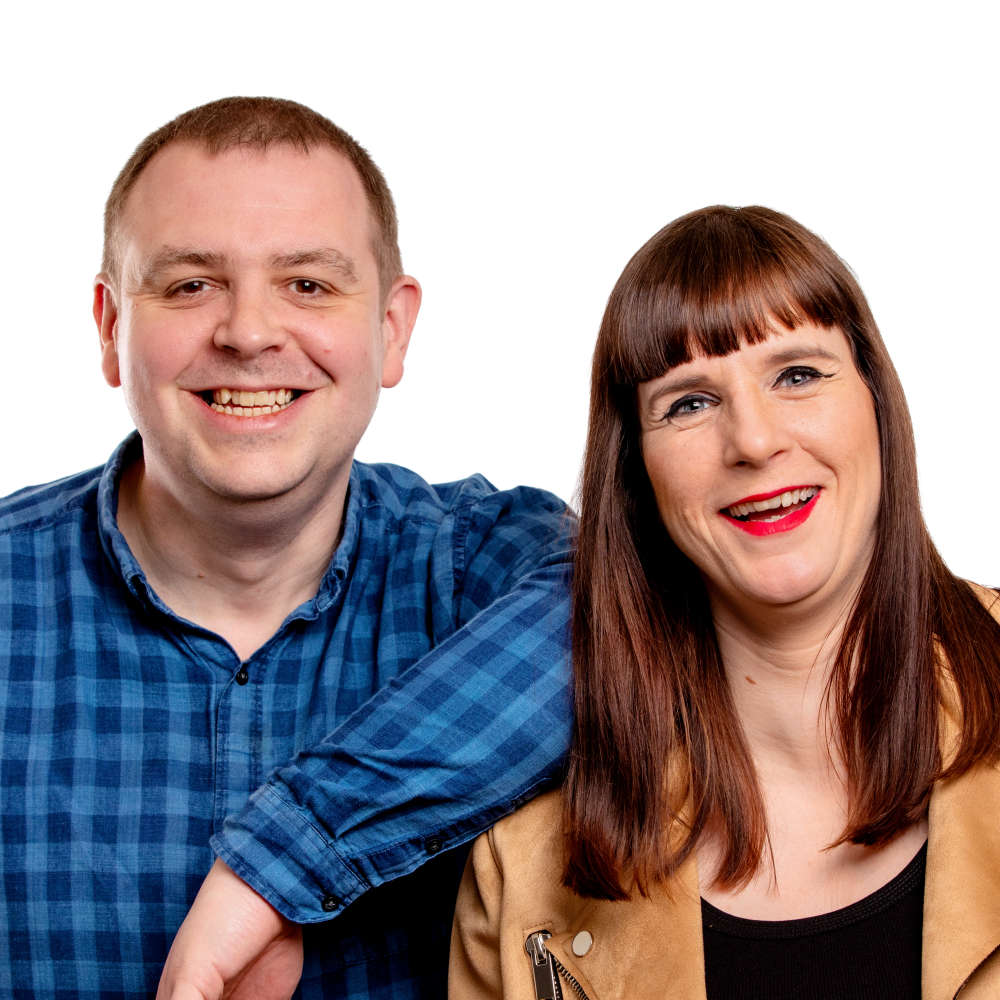
A new project challenging ideas that some school subjects are 'just for girls' or 'just for boys' has been launched in Scotland.
Improving Gender Balance Scotland is a partnership between Skills Development Scotland (SDS), the Institute of Physics (IOP) and Education Scotland and is working in schools in Fife.
The project's officers are working to empower pupils, teachers, parents and local authorities to address the complex issues that can lead to stereotyping when it comes to picking school subjects, and supporting them to challenge traditional career choices.
The project will include sessions with girls to build confidence and resilience, time with subject teachers to look at enhancing pupils' experiences with science subjects and work with the wider school community, including parents.
Improving Gender Balance Scotland is being delivered in six school clusters in five regions - South Ayrshire, North Ayrshire, Glasgow, Fife and West Lothian. School clusters include a secondary school and the associated primary, early learning and additional support needs establishments linked to it.
Kirsteen Campbell, SDS Director of Corporate Services and a former pupil of Belmont Academy where the project was launched said:
''By involving the whole school community, we can empower pupils to make choices based on their interests and abilities alone, and help them to recognise the wealth of opportunity a STEM career in Scotland offers.
We know there's work to be done in this area, only 29.3% of physics Higher entrants are female, and that's having an impact on the careers open to young women later in life. Improving Gender Balance Scotland has a role to play in work being undertaken across the country to address issues facing STEM industries and help to create a pipeline of talent going into STEM careers and apprenticeships.''
The early years and primary school work of Improving Gender Balance Scotland looks at preventing early bias in career choices, when it's known most young people first form ideas for their future career. In the senior phase, a particular focus will be on STEM subjects (science, technology, engineering and maths) to encourage more diverse subject selection choice, and prepare young people for the world of work.
Figures show an inequality of uptake of STEM subjects by young women in higher and further education. When young women do take on a STEM subject, 73% do not go on to a STEM occupation'*. Only 13% of all STEM jobs in the UK occupied by women.
Cabinet Secretary for Education & Lifelong Learning Angela Constance said:
''Gender equality is a priority for the Scottish Government, including in our world-leading science and engineering sectors, which is why we’re targeting investment to support and secure the place of women in industries where they have been under-represented for too long. A key aim of our Developing the Young Workforce programme is to encourage girls to consider the exciting opportunities presented by learning about STEM subjects and to support them to study and pursue careers in those sectors.
By directly involving young people, parents and teachers, the new partnership between SDS, the Institute of Physics and Education Scotland will develop practical solutions to challenge myths and gender stereotyping in STEM subjects and careers. The ideas and approaches developed through this initiative will be shared more widely to ensure that many more learners can benefit from the wealth of opportunities that STEM subjects offer.''


 Man, 44, seriously injured in hospital after crash between Comrie and Rosyth
Man, 44, seriously injured in hospital after crash between Comrie and Rosyth
 John Swinney announces SNP leadership bid
John Swinney announces SNP leadership bid
 Closures on A92 from TONIGHT for roadworks
Closures on A92 from TONIGHT for roadworks
 13°C
13°C
 11°C
11°C
 17°C
17°C